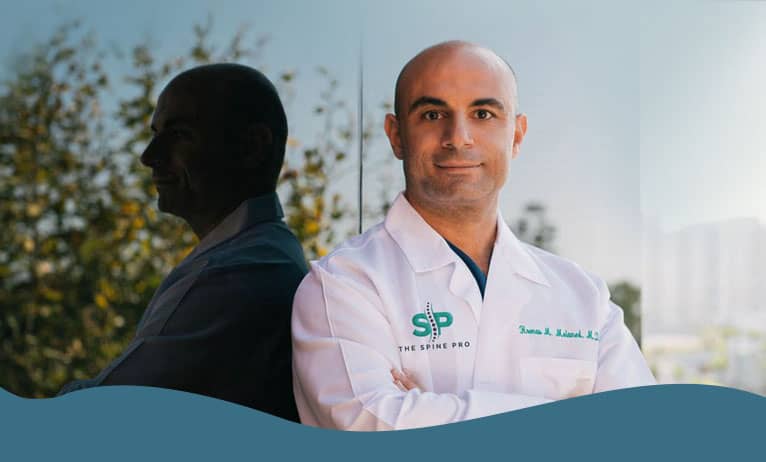5 Signs of a Pulled Back Muscle
Back pain can be debilitating, especially when it stems from something as common as a pulled muscle. Whether it’s caused by lifting something heavy, a sudden twist, or even poor posture, muscle strains in the back can significantly interfere with your daily activities. Ignoring the early signs of a pulled-back muscle can lead to prolonged discomfort and make it harder for the muscle to heal properly.
Recognizing the symptoms of a pulled-back muscle is essential to addressing the issue promptly and preventing further injury. With the right approach, you can manage the pain and get back to your routine faster, avoiding complications that could keep you sidelined for longer than necessary.

1. Sharp or Stabbing Pain
One of the most common signs of a pulled back muscle is a sudden, sharp pain. This pain usually occurs immediately after the muscle is strained. Depending on the affected muscle, it might feel localized in the lower, middle, or upper back. The pain is often more intense during bending, lifting, or twisting movements.
It’s important to differentiate between acute pain from a pulled muscle and chronic pain from conditions like spinal arthritis. Acute pain from a muscle strain typically appears suddenly and improves with rest and treatment, while chronic pain lasts for weeks and may require medical intervention.
2. Muscle Spasms
Muscle spasms are another telltale sign of a pulled-back muscle. When a muscle is strained, it can involuntarily contract, leading to painful and often uncontrollable spasms. These spasms may occur right after the injury or a few hours later and can make movement uncomfortable.
Muscle spasms are the body’s way of protecting the injured area. The muscles tighten to prevent further damage, but this can increase discomfort. Applying heat or cold packs can help relieve spasms in the early stages of recovery.
3. Stiffness and Limited Range of Motion
Stiffness and difficulty moving are common signs of a pulled back muscle. The strain can cause the surrounding muscles to tighten, significantly reducing your range of motion. This makes activities like bending forward, twisting, or even sitting for long periods challenging. Typically, stiffness may last a few days to a week, depending on the severity of the strain. Gentle stretching and physical therapy can help restore flexibility and reduce stiffness more quickly, allowing you to return to normal activities with less discomfort.
4. Tenderness and Swelling
If you notice your back feels tender to the touch or there is swelling around the injured area, this could be a sign of a pulled muscle. Inflammation occurs as part of the body’s natural healing process, and while it’s a sign the body is working to repair itself, it can also cause discomfort.
Applying ice packs within the first 48 hours of the injury can help reduce inflammation and swelling. Over-the-counter anti-inflammatory medications may also be beneficial, but it’s best to consult a healthcare provider for personalized advice.
5. Radiating Pain to Other Areas
In some cases, a pulled back muscle may cause pain to radiate into nearby areas, such as the hips, buttocks, or legs. While this is less common, it’s important not to confuse this with sciatica, which is caused by sciatic nerve irritation.
Muscle-related radiating pain usually stays confined to the soft tissues and doesn’t travel down the leg, like nerve pain from sciatica. If you experience shooting pain down your leg, it may indicate a different issue, and you should seek medical evaluation.
Get Professional Treatment for Your Back Pain
If you’re experiencing any signs of a pulled back muscle, don’t wait until the pain worsens. The Spine Pro is dedicated to helping you find relief and regain your mobility. Dr. Hooman Melamed specializes in diagnosing and treating several types of back pain, including muscle strains. We will work with you to develop a personalized treatment plan so you can get back to your daily activities as soon as possible. Don’t let a pulled back muscle keep you from living your life fully – schedule an appointment today!






